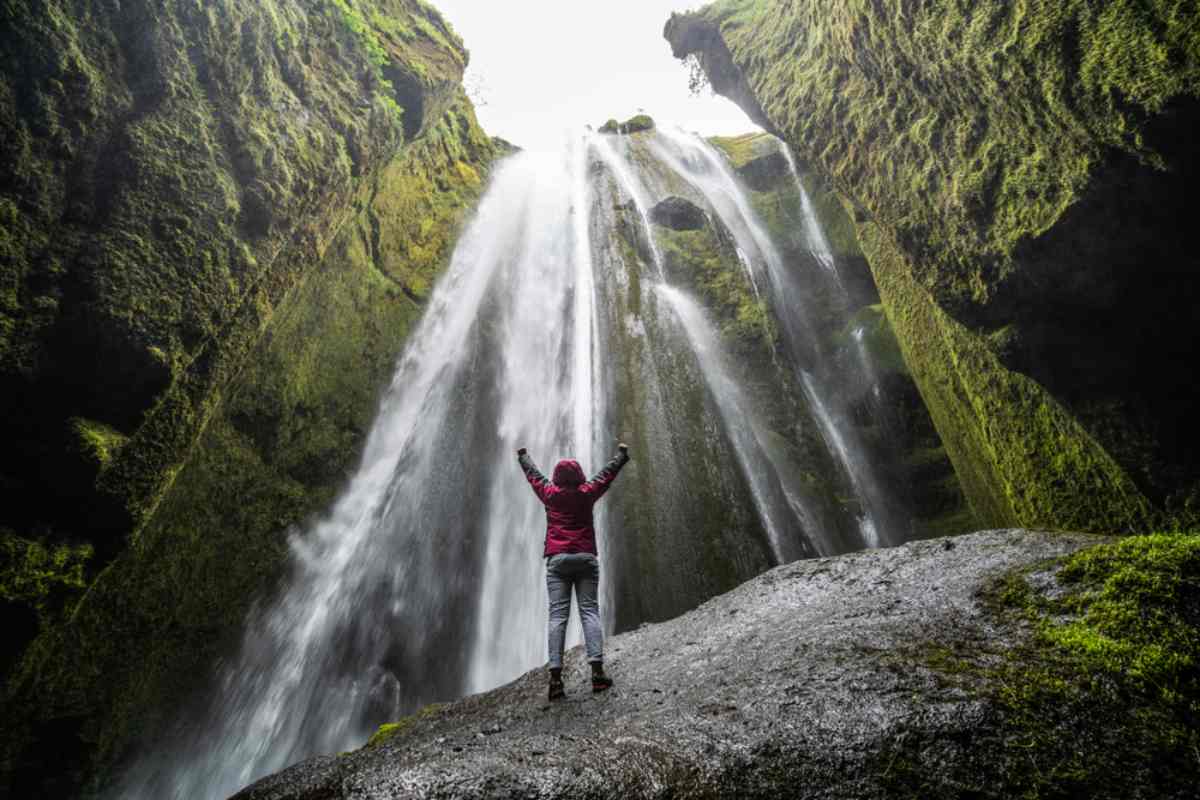In a world where things such as Digital Nomading and solo travel are on the increase, safety is one of the top concerns. That’s why it’s not strange that most thinking of traveling to the island asks the same thing first: is Iceland safe?
In this article, we not only give you the answer, but also provide you with valuable insights into staying safe in Iceland, and helpful tips and advice on how to ensure that your trip is a memorable one (for all the right reasons).
Is Iceland a Safe Country to Visit?
Iceland is considered to be one of the safest countries in the world. In fact, Iceland’s safety ranking has always been top-notch, and the country has walked away with the official title of the safest country in the world for many, many years till it eventually dropped to third place in 2023.
But trust us, the drop doesn’t mean that we have a Mike Meyers running riot on our streets. To this day, Iceland is considered to be incredibly safe and remains a favorite amongst travelers with safety concerns.
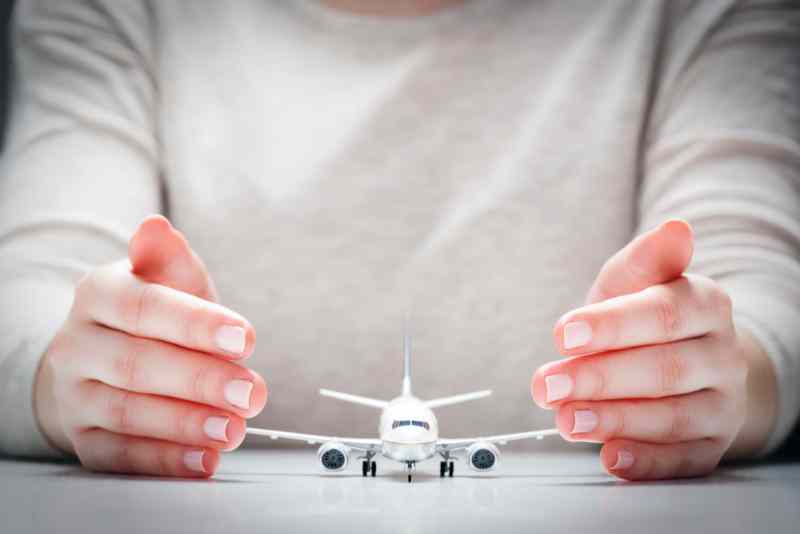
Why is Iceland So Safe?
You might be wondering; what factors contribute to Iceland's safety? Well, not just one reason can be credited for Iceland’s safety, but rather a combination of a few. These are:
- It’s an island – getting on and off can be tricky when you’re a rotten apple.
- It’s a small island – even though it’s a country, Iceland is not very big, so there are not a lot of places for guilty parties to hide.
- Whether it’s due to the size or the culture of Iceland, our communities are pretty close-knit, once again making it hard to hide once you’ve committed a crime. Someone is likely to know exactly who did it, why, and where they are now.
- Icelanders are known for their friendliness and are always willing to lend a helping hand. This type of personality doesn’t really lend itself to criminality in general.
- Iceland has very strict rules and laws, and they are properly enforced. This doesn’t just deter any criminal elements but also limits unnecessary accidents.
- We don’t really have any dangerous wildlife – you don’t need to be wary of big predators (our biggest is the Arctic Fox that resembles a cute little Pomeranian more than it does a scary predator), and there are no poisonous snakes and insects you constantly need to check the ground and your boots for.
- Iceland has some of the best air and water quality in the world, and by placing extreme emphasis on living a green and sustainable lifestyle, even serious illnesses prominent in other parts of the world take a backseat here.
- Iceland boasts an unemployment rate of only 3%, so there’s no real need for theft and the like usually driven by poverty and desperation.
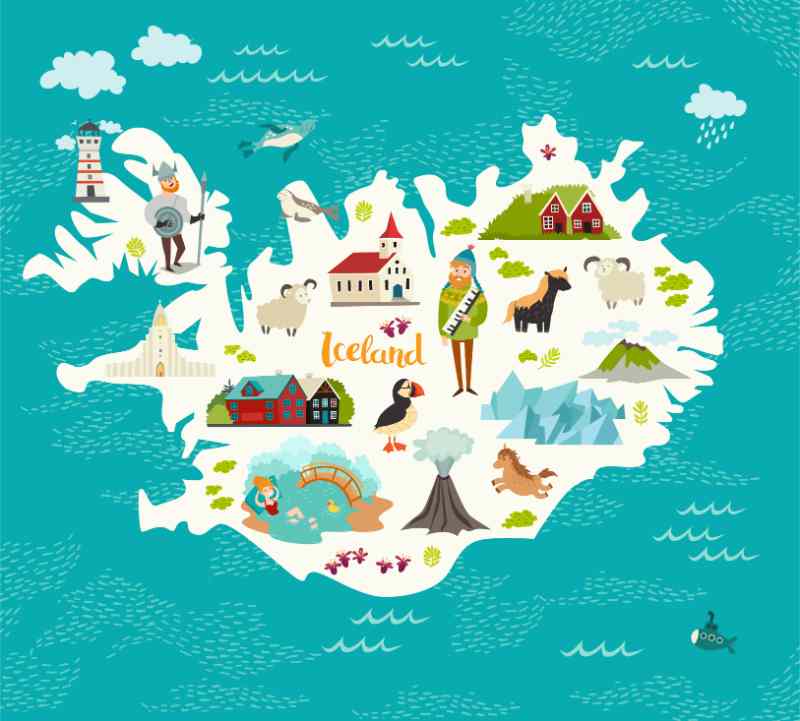
What are the Safety Risks in Iceland?
So, is Iceland dangerous at all? Well, whilst the odds of you being murdered in Iceland is as much as being struck by lightning or winning the lottery, there are other risk factors to consider here. They are:
Driving in Conditions you Might not be Used to.
We have many elements here on the island that can make driving in Iceland a challenge. We have winds that can reach speeds of more than 35 kilometers an hour and have been known to rip a car door right off its hinges. Wet conditions can also be tricky, whilst driving in snow and ice is nearly impossible if one isn’t used to it.
Getting Lost.
Taking “the road less traveled” is adventurous, but not if you’re hiking or driving in some of the more remote regions in Iceland. It can take days or weeks for someone to find you if you have no way of reaching out.
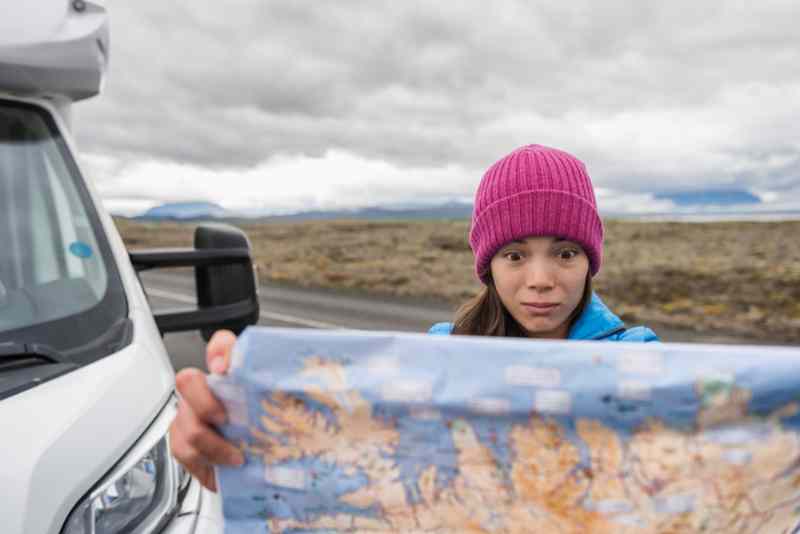
Getting Burnt.
The Land of Fire and Ice is not to be trifled with, and despite most probably thinking ‘Iceland volcanoes’ when getting burnt gets mentioned, this is not where the biggest concerns are. It’s our geysers and hot springs here in Iceland that are the culprits here.
The water from a geyser erupting is boiling hot and if you’re not paying attention to where you’re standing or the direction the wind is blowing, you could end up in a position you don’t want to be in. The island is also full of hot springs, but they are not all clearly marked or even obvious to see – some lie just beneath the surface, and one wrong step off a clearly marked trail and you’ll be heading to the hospital (just ask Ed Sheeran).
Some of our Beaches, like Reynisfjara Black Sand Beach.
Any local will tell you never to go swimming there, as the waters may look calm from the shore, but underneath is complete chaos with very strong currents. You should also never stand with your back to the ocean, as places such as Reynisfjara are notorious for sneaker waves that are known to knock tourists off their feet and drag them into the ocean.
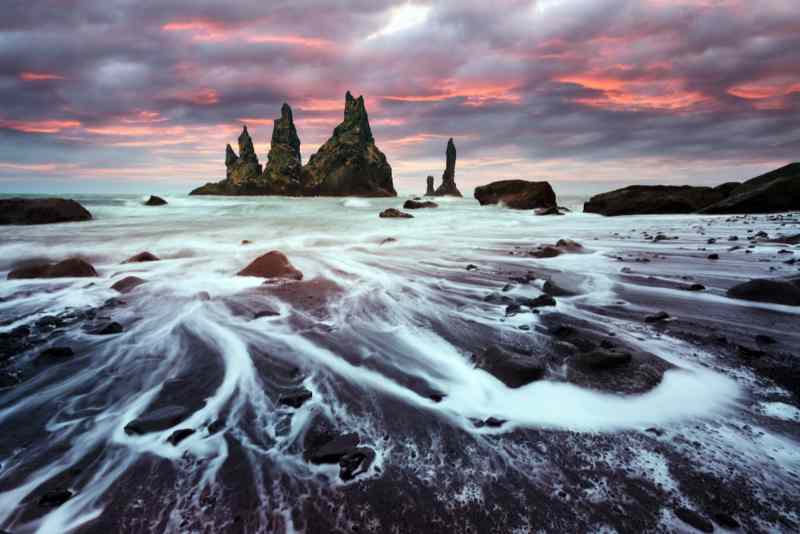
Injury due to Risky Activities.
Okay, so this one is pretty general, and not really Iceland-specific. But with Iceland having so many exciting outdoor activities, the risk of injuries increases. Just think for yourself; although safety is always a top priority, between horse riding, glacier hiking, ice cave exploring, and much more, something is bound to go wrong sometimes.
Crime in Iceland
Still feeling a little unsure of Iceland being one of the safest destinations in the world? Want to know EXACTLY how safe Iceland is? Let’s get into the nitty-gritty with some real facts and stats to put your mind at ease.
Crime Rates in Iceland
- By 2021, Iceland had an average of 189,000 illegal acts occurring each day.
- 62% of these were traffic violations.
- This leaves actual criminal acts (that mostly consist of opportunistic petty theft) at just 82 each day.
- In 19 years, the island saw only 37 murders, with only 8 of these deaths being completely random with no personal ties between the individuals.
- Most of the illegal acts you will find here on the island each year, excluding petty theft, are 36 assaults per 100 000 people (once again, mostly between people who know each other and those involved in alcohol-fuelled bar brawls), 142 sexual assaults each year (and once again, there is a link between people who know each other and intoxication), 165 drug trafficking cases, and 266 public intoxication cases.
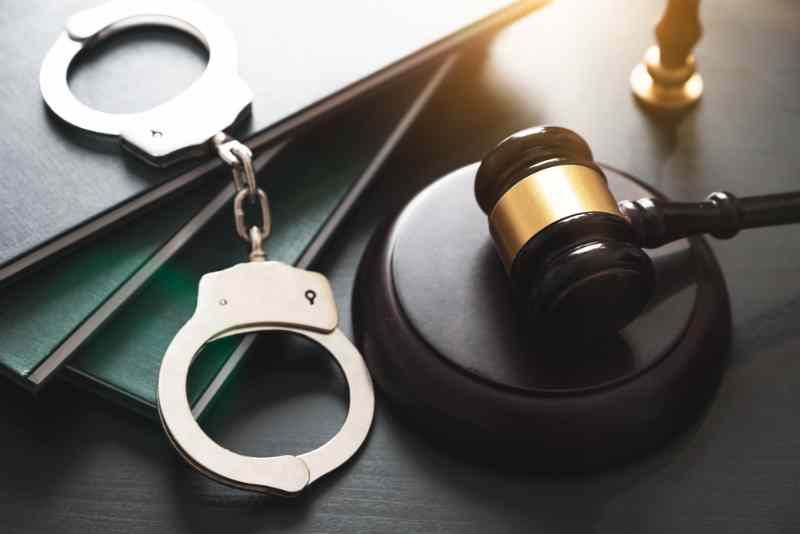
Areas of Iceland to be Aware of
Certain areas in Iceland are known to be responsible for the most tourist deaths. They are:
Reynisfjara Black Sand Beach
Remember when we told you about those sneaker waves? Well, they are mostly the culprits when deaths (or in some cases just complete vanishings) occur at this beach.
Pingvallavatn Lake
The lake is deep and the lake is cold. Many completely underestimate just how deep and how cold when they decide to take a quick dip in its waters… then it turns out to be their last dip.
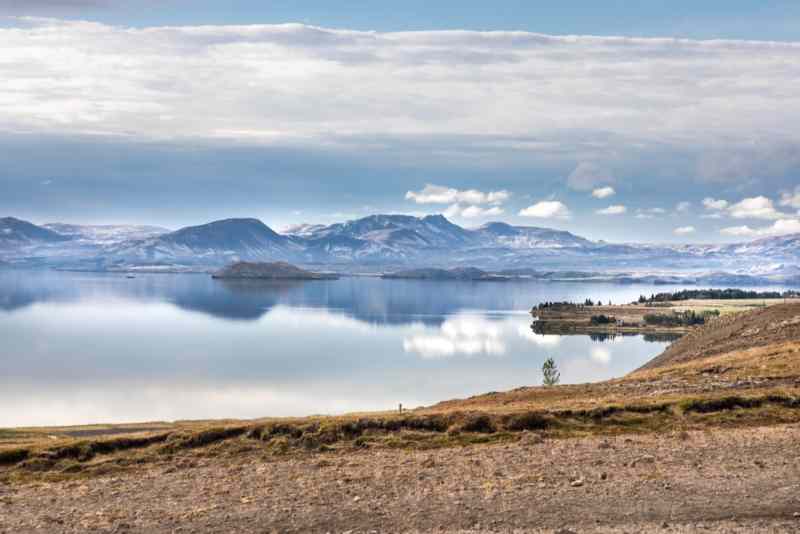
The Road from Vik to Vatnajökull Glacier
There have been many theories, since this road is not particularly more dangerous than other roads here on the island. Some believe it’s the sun shining in people’s eyes, others believe it’s because people are tired, and then there are those who believe that people get distracted by the breathtaking surroundings. Perhaps it’s a combination of all of these that makes this road claim so many lives.
Safety Tips for Tourists in Iceland
In general, the same rules you adhere to back home apply when you’re on holiday anywhere in the world (most people throw caution to the wind when they get into holiday mode). The following tips will help you stay safe in Iceland:
- Drink in moderation, and never leave a drink unattended.
- Don’t go swimming in waters you don’t know and that’s not marked as safe for swimming.
- Stay on clearly marked trails and roads – do not go wandering off.
- Do not park next to the road and always park in designated parking areas – it is illegal to just park anywhere here in Iceland.
- Strictly adhere to our traffic laws. Take special note of speed limits and keep an eye out for other warning signs. This will not only keep you safe but will ensure that you won’t need to remortgage your house to pay our exorbitant fines.
- Keep your valuables close and secure, especially in bigger cities such as Reykjavik.
- Always do your research and book a spot with a reputable tour operator who has experienced and skilled guides at the helm (especially when it comes to tours involving adventure activities such as snowmobiling across glaciers).
- Strictly adhere to the age limits of tours. There’s a good reason for these, and if you try to pass off 6-year-old Timmy as an 11-year-old you might just find out why (unfortunately).
- Do not attempt to take on 4x4 roads and routes such as the F-roads in your 2x2. Irrespective of the trust you have in your driving skills, this is a situation that will end badly for you. From being stuck for days to having to reimburse your rental company staggering amounts of money – nothing good can come of it.
- Do not play on the ice. You will often find sheets of ice, bigger pieces of ice, or actual icebergs washing ashore on the beaches, lagoons, and fjords. Many, especially children, get tempted to clamber on these with the result being slips, falls, and serious injuries including broken bones.
- Always check the Iceland weather forecasts, and Iceland road conditions, especially before heading out.
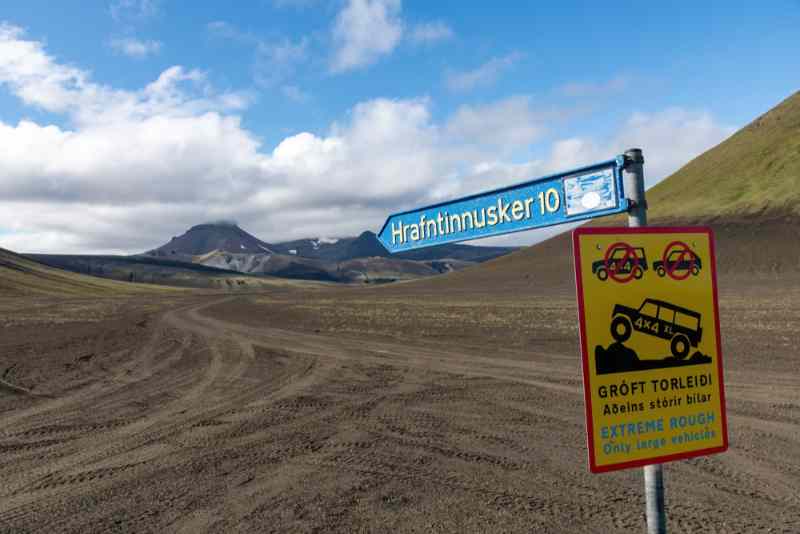
What to Do in the Event of an Emergency
If you ever do find yourself in an emergency here on the island, the first thing to do is to try and remain calm. Irrespective of whether you need the police, an ambulance, firefighters, etc. please dial our emergency number; 112.
If you have been in an accident, please ensure that everyone is okay. If there are any serious injuries, phone 112. If not, please inform your rental agency, who will arrange things from their side (assuming you took out insurance as well; otherwise you’re back to remortgaging your house).
So, is Iceland a Safe Place to Visit?
From all the facts and stats above, it’s pretty clear that Iceland is safe for tourists, and if you just follow our advice, you’ll further ensure your safety. When you rent a car in Reykjavík, you can also ask questions at the rental agency, who will be happy to assist. Now, go and enjoy your trip through one of the safest countries in the world!


 By
By
